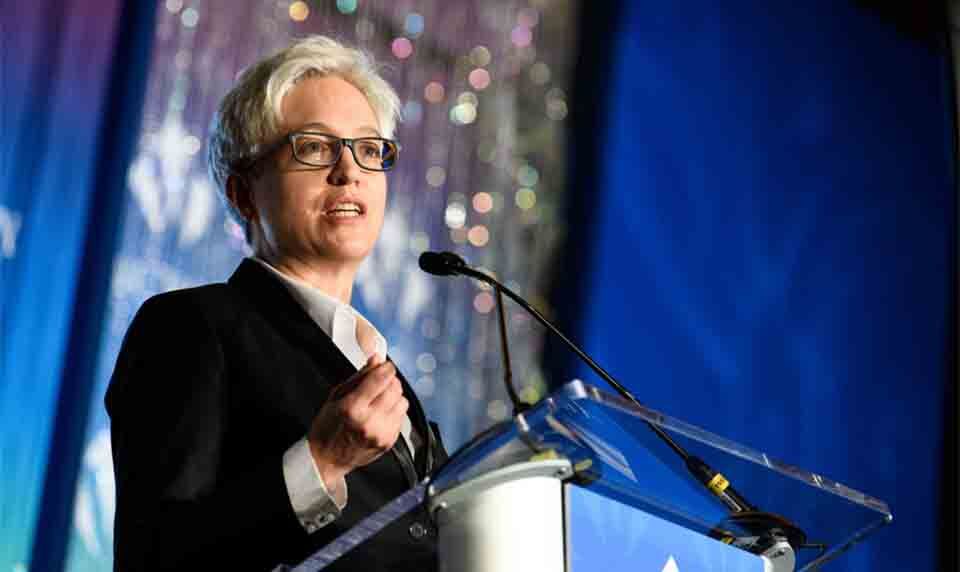Oregon’s Soft Approach to Drug Possession is Officially Over

Lawmakers, the police, and the criminal justice department can collectively sigh with relief that Oregon’s soft approach to drug possession is over. The majority decision by the House of Representatives and the Senate to recriminalize the possession of small amounts of drugs like fentanyl, cocaine, and meth has been given the nod by Oregon Governor, Tina Kotek.
The State’s Drug Experiment Backfired
The governor announced that the state’s experiment to adopt a lenient approach to possession will stop when she signs House Bill 4002 into law. The bill overtakes Measure 110, which was voter-backed in 2020. The experiment backfired as fentanyl-related drug death overdoses soared and drug users openly displayed their habits in public places.
HB 4002 received the overwhelming support of both Democrats and Republicans, who responded to the repeated and amplified appeals by law enforcement for a sterner approach as drug-related deaths began to spiral out of control.
Six Months in Jail for Drug Possession
Once Gov. Kotek signs HB 4002, people found guilty of possession of small amounts of drugs like fentanyl, cocaine, and meth, can be jailed for six months.
The Oregon Criminal Justice Commission estimates that 533 people presently on probation for drug possession can have their sentence revoked and be sent to jail. Figures released by the Commission estimate that there will be 1,333 new drug possession convictions every year once HB 4002 becomes effective.
HB 4002 Must Balance Treatment and Accountability
Gov. Kotek says she will focus her attention on the implementation of HB 4002, which will “require persistent action and commitment” from both the state and local governments. The governor says that to succeed, HB 4002’s implementation must strike a balance between treatment and accountability for those “struggling with addiction.”
She also expressed concern over the Criminal Justice Commission’s projection of “disproportionate impacts on communities of color.”
The Criminal Justice Commission says that while some of the 533 people will be given jail sentences when their probation is revoked, others will be allowed to serve their time in treatment facilities. However, to date, Oregon has not been able to provide sufficient drug rehabilitation treatment programs or facilities.
The new bill prioritizes treatment rather than jail sentences, but counties throughout the state have differing opinions, complicating the successful implementation of the lawmakers’ intentions. Changing the possession of small amounts of drugs to a misdemeanor punishable by up to six months in jail, lawmakers have agreed to spend more money on drug treatment facilities. HB 4002 also makes it easier for the justice department to charge drug dealers.
Once Gov. Kotek signs HB 4002, people found guilty of possession of small amounts of drugs like fentanyl, cocaine, and meth, can be jailed for six months.
The Oregon Criminal Justice Commission estimates that 533 people presently on probation for drug possession can have their sentence revoked and be sent jailed. Figures released by the Commission estimate that there will be 1,333 new drug possession convictions every year once HB 4002 becomes effective.
The new bill prioritizes treatment rather than jail sentences, but counties throughout the state have differing opinions, complicating the successful implementation of the lawmakers’ intentions. Changing the possession of small amounts of drugs to a misdemeanor punishable by up to six months in jail, lawmakers have agreed to spend more money on drug treatment facilities. HB 4002 also makes it easier for the justice department to charge drug dealers.
Takeaways
The Coalition to Fix and Improve Ballot Measure 110 and recriminalize drug possession, supported by some of the wealthiest Oregon business owners, has withdrawn its ballot measure. The coalition had previously stated that it would withdraw the ballot measure if HB4002 achieved 85% of what the coalition hoped to achieve, and if the bill was approved by the governor.
At the beginning of the year, Kotek indicated that she was receptive to drug possession being recriminalized. However, she stressed that her interest lay more in drug rehabilitation treatment than criminal punishment.
Kotek also indicated that her support for the reintroduction of drug possession from a misdemeanor to a criminal charge depended on whether the bill met her question: “What else are you going to do different to make sure we have better outcomes?” Kotek reminded lawmakers that criminalization should not be looked at in isolation as it would “miss the point.”
Announcing her approval of HB 4002 on Thursday, Gov. Kotek indicated that she will sign the document within the next 30 days.
